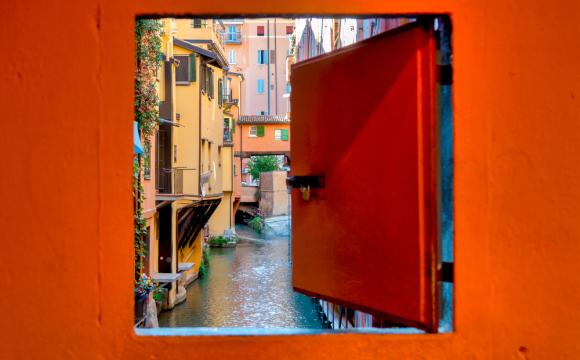Words by Pat Eggleton
The double consonant in Italian is important and you will always hear it clearly pronounced.
The best way for a foreigner to deal with it is to pronounce it as if there were a break in the word, for example:
Marianna – Mareean–na
Bello – bel–lo
 Sometimes a double consonant changes the meaning of a word and foreigners can make embarrassing mistakes.
Sometimes a double consonant changes the meaning of a word and foreigners can make embarrassing mistakes.
If you were to say “cappelli” [hats] for “capelli” [hair] you would probably be understood but the consequences might be rather more serious if you were to ask for a “pene” [penis] instead of “penne” [pens or pen-shaped pasta] !













